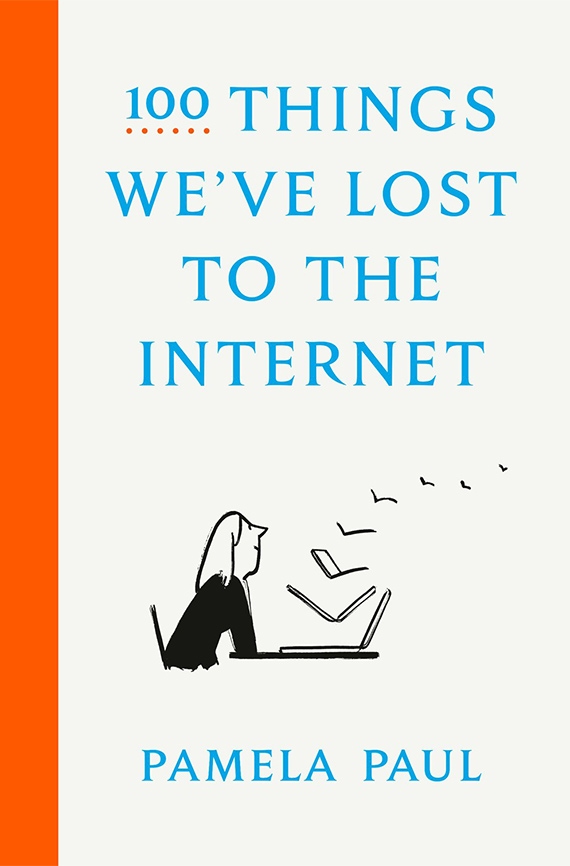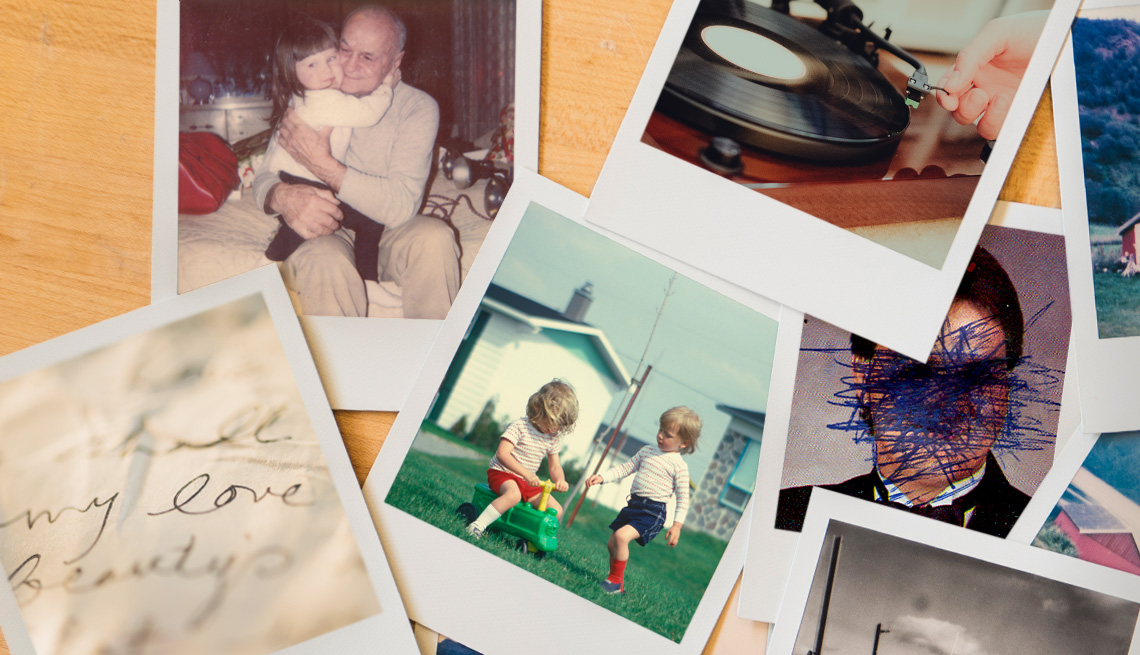Staying Fit
Adapted from the book 100 THINGS WE’VE LOST TO THE INTERNET by Pamela Paul. Copyright © 2021 by Pamela Paul. Published by Crown, an imprint of Random House, a division of Penguin Random House LLC. All rights reserved.
My new book is about the things we’ve lost in the internet era — the things we achingly miss, the things we hardly knew existed, the things to which we can give a hard adios — and about what their absence might mean. Here we pause to document and delight in these recollections, turning them around in our collective minds to admire or mourn or celebrate, to push back against the possibility that the memories, too, may soon disappear. Here are 10.


AARP Membership— $12 for your first year when you sign up for Automatic Renewal
Get instant access to members-only products and hundreds of discounts, a free second membership, and a subscription to AARP the Magazine.
1. Benign neglect
Back in the days of Sugar Pops and roller skates, grownups had no clue where their kids were, who they were with or what the hell they were up to, and that suited kids just fine. You walked to school on your own or with the kid down the street that Mom disapproved of. She didn’t need to know. Somehow kids grew up anyway.
2. Bad photos
Remember when you never knew what you would get once the little button was clicked? You had to wait to find out, often a week or longer until 24-hour photo shops, with their bargain-basement development quality, were introduced. No one could figure out how to operate the focus. No one knew when to turn off the flash, or how. Browsing through photo albums from this time is like encountering a dark period from an inexplicable and occasionally insane-looking past, one in which everyone cried at parties and scowled through reunions and looked miserable at their brother’s Little League game.


3. Uninhibitedness
How reassuring it was to know that however dreadful you were in the school play or however extravagantly you flubbed a presentation at work, you would never need to know how truly bad it was. After all, you would never see it yourself, and most people wouldn’t tell you the truth, even if you tried to coax it out of them. The stakes were lower before everything was a performance and all performances were uploaded to be shared and dissected for posterity.





































































